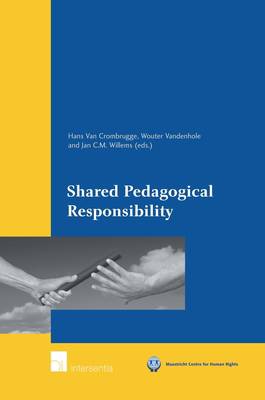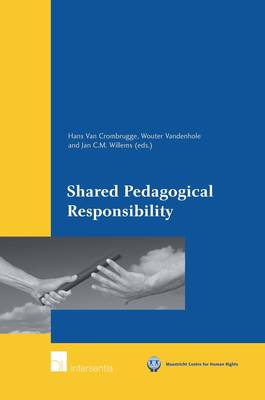
- Retrait gratuit dans votre magasin Club
- 7.000.000 titres dans notre catalogue
- Payer en toute sécurité
- Toujours un magasin près de chez vous
- Retrait gratuit dans votre magasin Club
- 7.000.0000 titres dans notre catalogue
- Payer en toute sécurité
- Toujours un magasin près de chez vous
Description
Human rights tend to focus on the relationship between the individual and the state - the individual is the rights-holder, the state is the duty-holder. Children's rights bring a third player much more into the picture, namely the parents. Although, legally speaking, they are not duty-holders under the UN Convention on the Rights of the Child, parents do have a number of responsibilities under the Convention on the Rights of the Child and other human rights instruments. Child rearing may still be considered by many to be within the private domain, i.e. a matter of concern only within the relationship between children and their parents, with the exception of instances of child abuse or neglect. However, States may be obligated to turn parental responsibilities into national legal duties if this is needed to improve the legal and social position of children. In this volume, child-rearing responsibilities are examined in the light of children's rights and other human rights. All the contributions focus in particular on the proposal to introduce an upbringing (or parenting) pledge. The upbringing pledge contains not only a statement of lasting commitment towards the child, but also an explicit declaration of commitment to respect and promote the rights of the child both as a person and as a human being who is utterly dependent upon parents for wellbeing and the development of his or her personality. By means of the upbringing pledge as a child rights-based social institution, the responsibilities of society and the state towards both parents and children are re-affirmed as well.
Spécifications
Parties prenantes
- Auteur(s) :
- Editeur:
Contenu
- Nombre de pages :
- 118
- Langue:
- Anglais
- Collection :
Caractéristiques
- EAN:
- 9789050958134
- Date de parution :
- 29-07-08
- Format:
- Livre broché
- Format numérique:
- Trade paperback (VS)
- Dimensions :
- 160 mm x 240 mm
- Poids :
- 240 g

Les avis
Nous publions uniquement les avis qui respectent les conditions requises. Consultez nos conditions pour les avis.






